Australian business conditions cool in December 2023: NAB survey
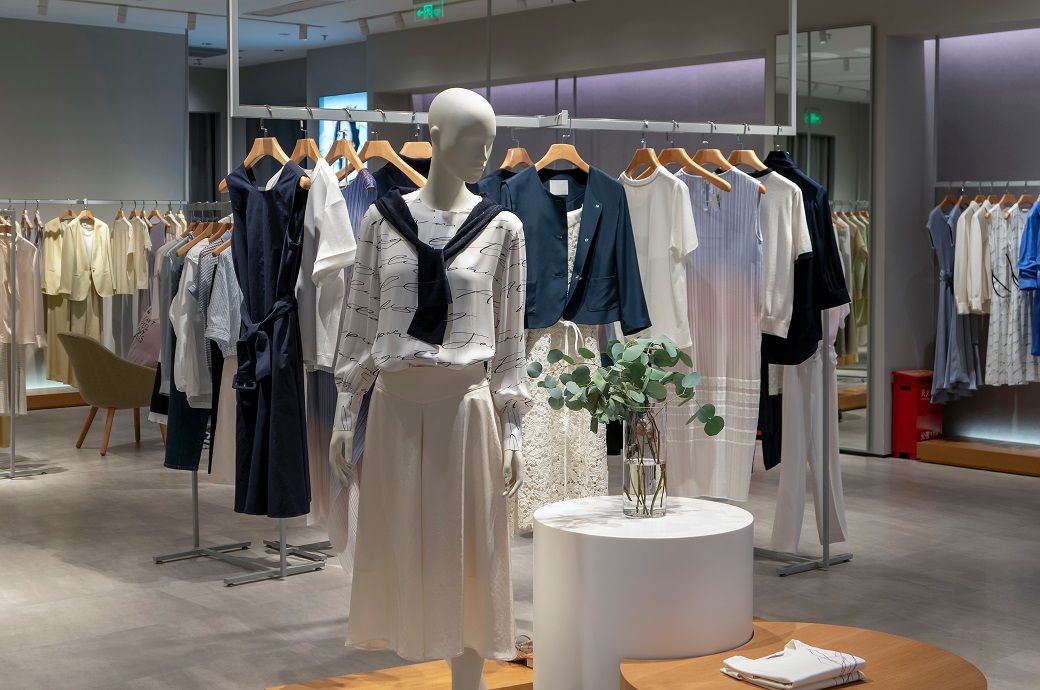
Insights
- In December 2023, Australia's business conditions aligned with long-run averages, indicating normalising economic conditions.
- Manufacturing led a decline in trading and employment.
- Business confidence rose, driven by retail, but remains below average.
- Input costs and retail price growth slowed, suggesting easing inflation.
- Economic growth eased by year-end.
The survey highlighted a decrease in trading conditions and employment, along with a slight drop in capacity utilisation. Notably, the manufacturing sector led the decline in conditions, with significant falls reported. Retail conditions also remained weak, despite a rebound in business confidence largely driven by recovery in the retail sector. However, overall business confidence remains below the long-run average.
An important observation is the further easing of input cost pressures, with both labour and purchase cost growth slowing down. Retail price growth also witnessed a sharp decline. The price adjustments seen during the Black Friday and post-Christmas sales period, while normal, are indicative of an easing in the underlying pace of inflation, as per the survey.
Overall, the survey results reflect that economic growth had considerably eased by the end of 2023, following better-than-expected performance for much of the year. This slowdown is starting to reflect improvements in inflation indicators. Nevertheless, businesses remain cautious about the future, with growth expected to be subdued for the time being.
In detail, the survey reported a 2-point decrease in business conditions to 7 index points, with trading conditions falling 3 points to 10 index points and employment down 2 points to 7 index points. Profitability remained steady at 6 index points. Manufacturing experienced the most significant decline, falling 16 points.
Regionally, conditions fell in Tasmania, South Australia, and Western Australia, while other states remained broadly steady. Trend conditions continued to be strong across states, with Victoria being the exception at 5 index points.
Business confidence rose 8 points to minus 1 index point, led by gains in mining and retail, although manufacturing edged lower. Trend confidence was negative across most states except Tasmania.
Forward orders showed a mixed trend, rising 1 point to minus 3 index points despite significant falls in retail and mining. Capacity utilisation, though slightly lower, remained above average at 82.7 per cent.
Lastly, the survey indicated a sharp decline in price and cost growth. Labour cost growth eased to 1.8 per cent in quarterly equivalent terms, down from 2.3 per cent in November, and purchase cost growth declined to 1.6 per cent from 2.5 per cent. Overall price growth eased to 0.9 per cent, with retail price growth slowing to 0.6 per cent.
Fibre2Fashion News Desk (DP)






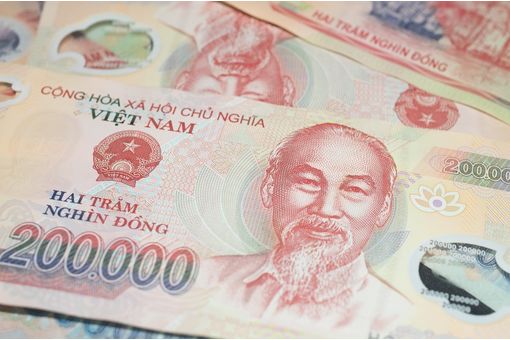

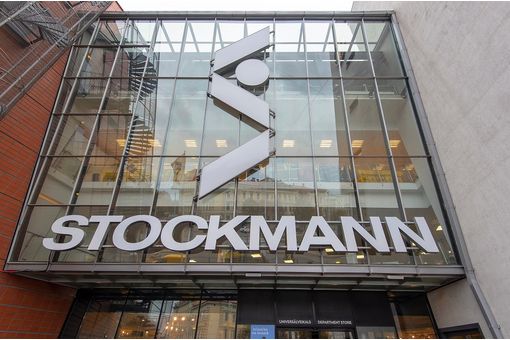
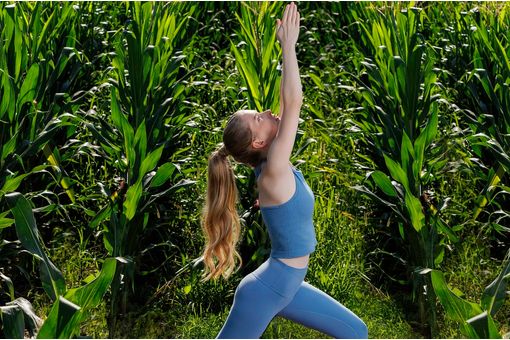
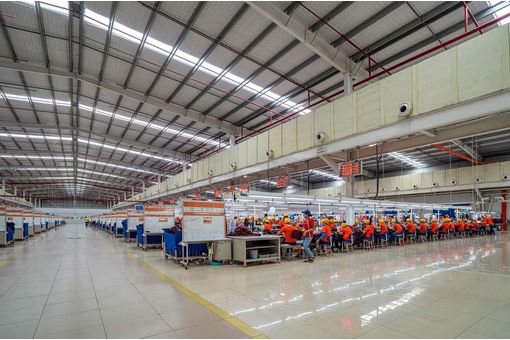





















-Ltd..jpg?tr=w-120,h-60,c-at_max,cm-pad_resize,bg-ffffff)





.jpg?tr=w-120,h-60,c-at_max,cm-pad_resize,bg-ffffff)
.jpg?tr=w-120,h-60,c-at_max,cm-pad_resize,bg-ffffff)






